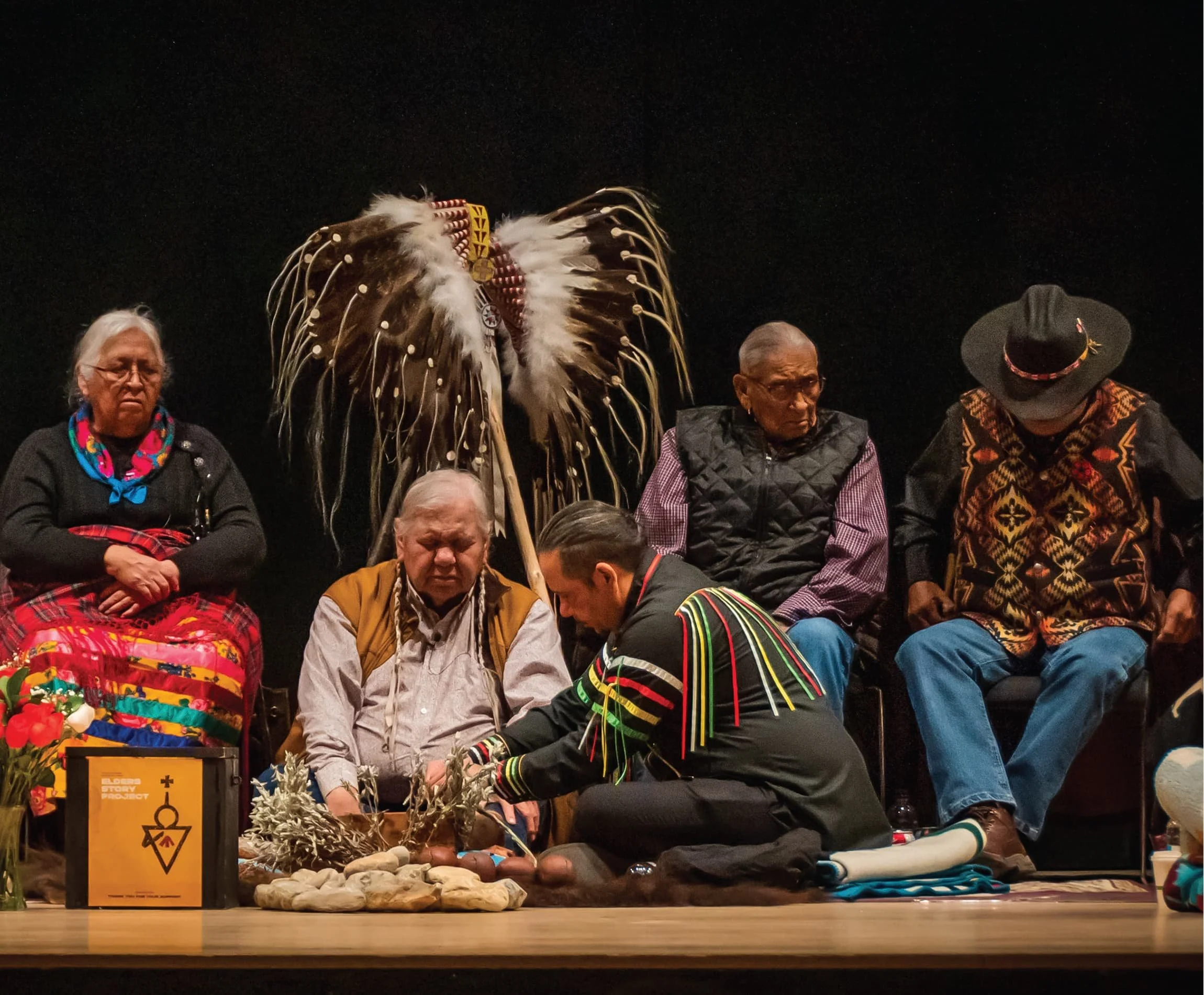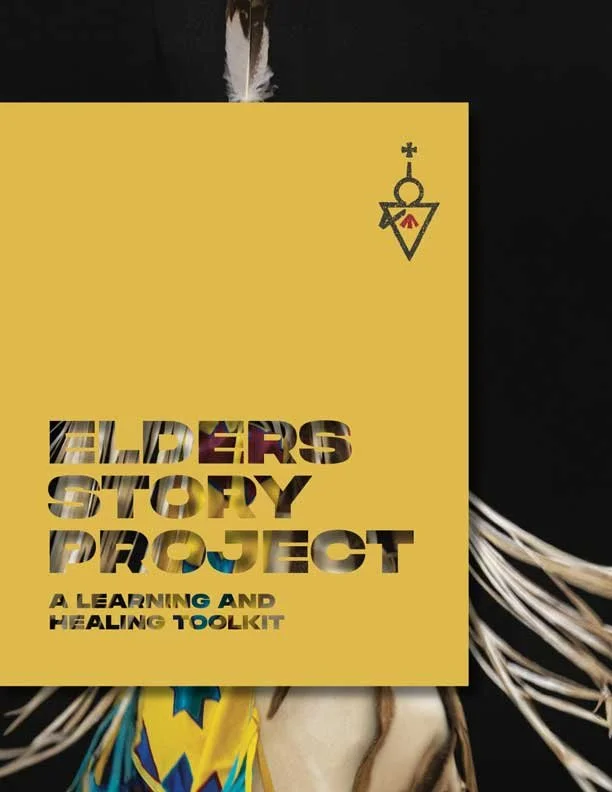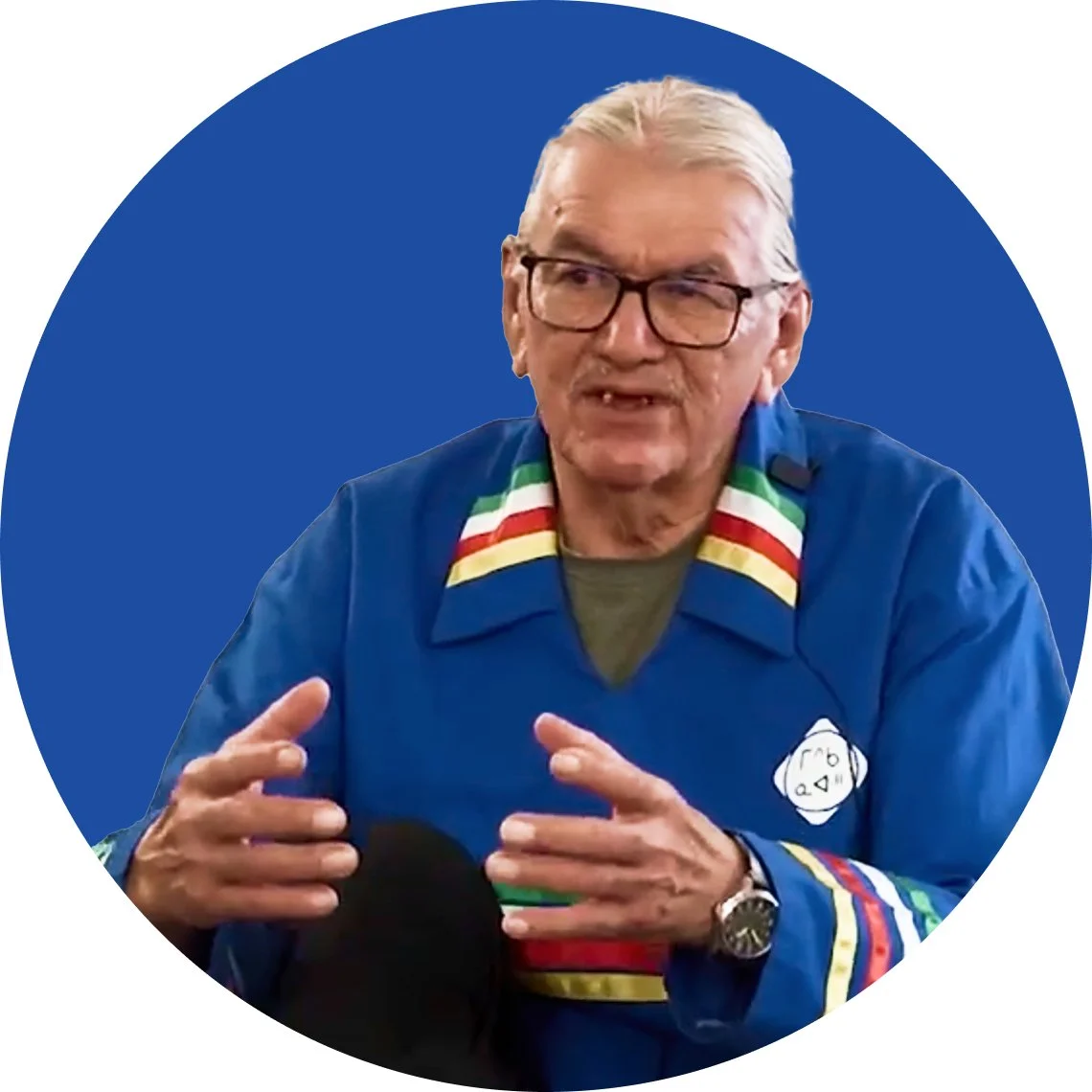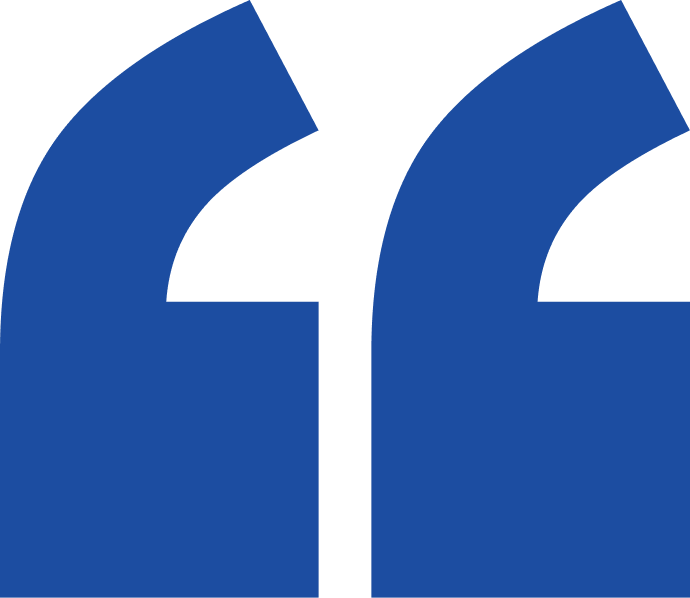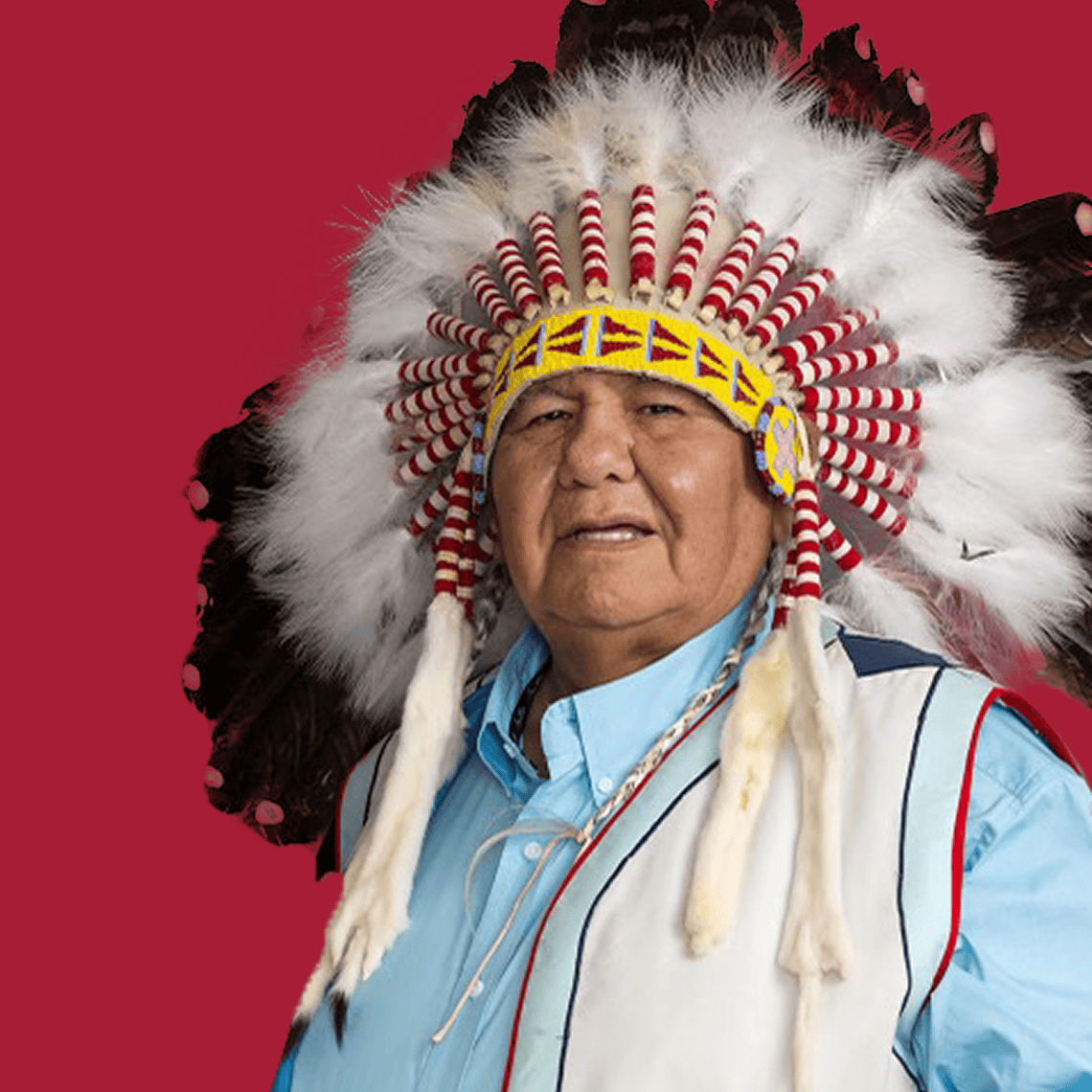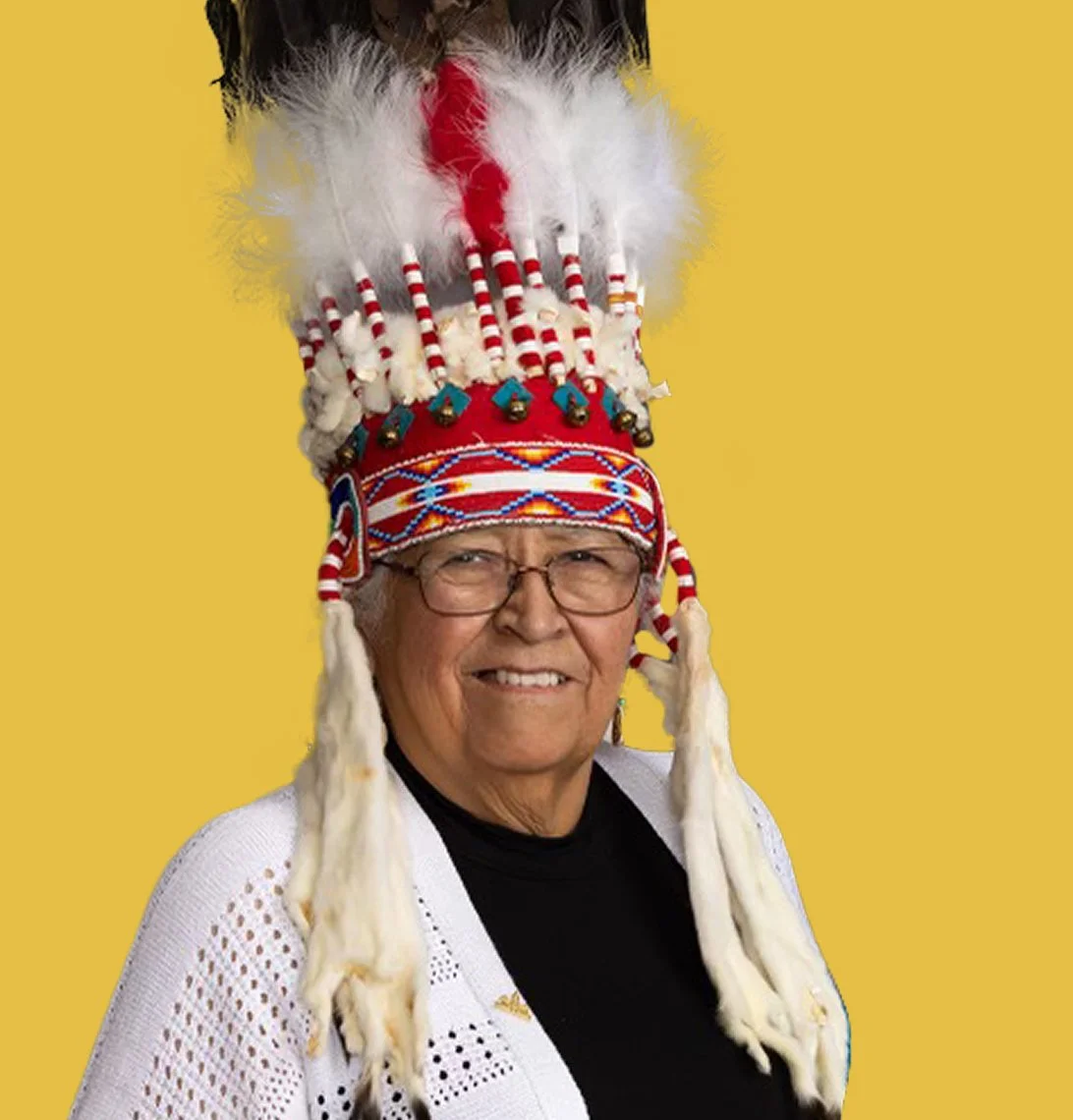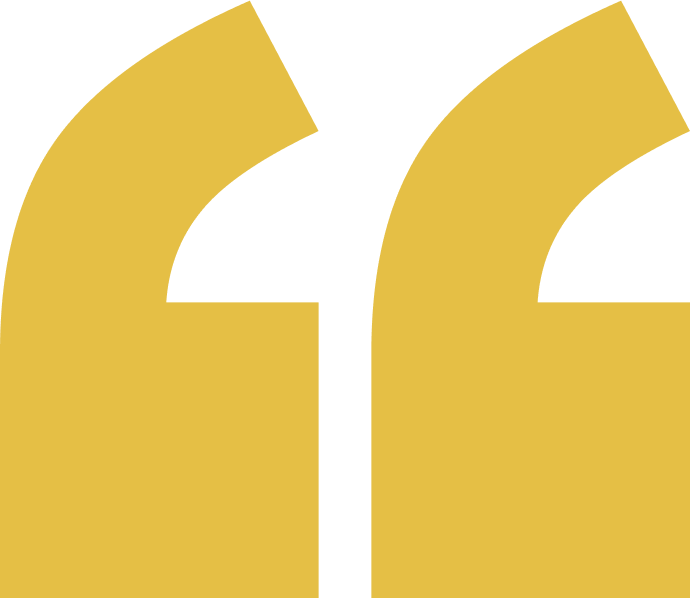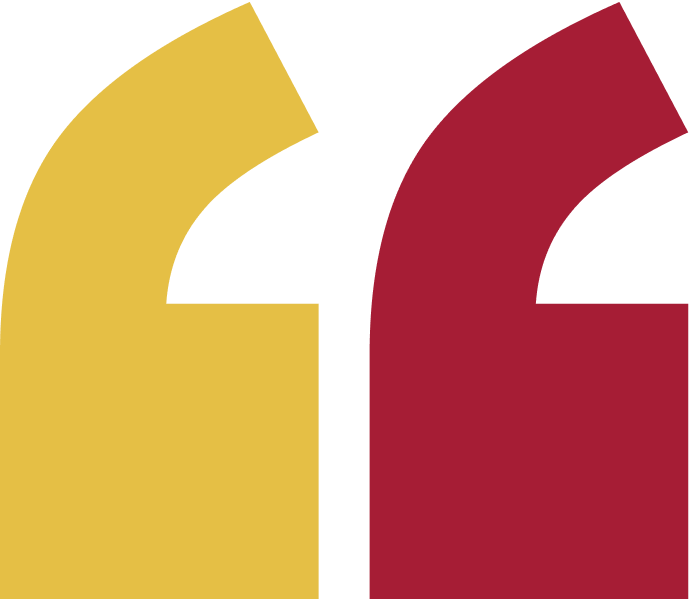Introduction
The Elders Knowledge Circle Society preserves, protects, revitalizes, and shares wisdom from Indigenous Grandparents and Knowledge Keepers.
Our Ways of Knowing
Initiated and led by a group of Grandparents and Knowledge Keepers, the Knowledge Circle plays a key role in preserving Indigenous culture, enhancing the capacity of our community’s Grandparents, and strengthening relationships between Indigenous and non-Indigenous groups.
Many of the Grandparents and Knowledge Keepers who are a part of the Elders Knowledge Circle Society are considered “technical” Grandparents who have lived experience, hold cultural knowledge, are storytellers, and language keepers.
Grandparents and Knowledge Keepers in the circle come from many Nations, including Blackfoot, Îethka Stoney Nakoda, Dene, Cree, Métis, Inuit, and more. The Elders Knowledge Circle Society is a Grandparent-led collective that operates from an Indigenous governance model that is different from the Chief and Council governance model imposed on First Nations people by the Crown.
We’re passing knowledge on to them, to those young people. And we’re also engaging with those Western agencies, those Western organizations that are stepping into our circle. Because now we’re following two different types of systems, the Western and the (Indigenous) oral system.”
- Pat Daigneault
Indigenous communities recognize Grandparents and Knowledge Keepers after they have participated in ceremony and cultural teachings for a number of years, and rights and teachings are transferred to them from other Grandparents. Grandparents are committed to living what they teach, helping others, and working to improve individual and community well-being. While Western and Indigenous education are not viewed or honoured in the same way, respected Grandparents and Knowledge Keepers are recognized for their Indigenous knowledge, and practicing Indigenous ways is a way of life.
The term ‘Grandparents’ is used to refer to wisdom keepers, in contrast to the term ‘Elders,’ which is a Western colonial construct. In Indigenous languages, the closest translation for wisdom keepers is ‘Grandparents,’ a term that more accurately reflects their role in preserving and sharing traditional knowledge, as well as their expertise in navigating the
intersection of Western and Indigenous worldviews. In this context, you will notice a shift in this toolkit and, more generally, within the EKCS, from the commonly used term ‘Elders’ to the more culturally appropriate term ‘Grandparents,’ as endorsed by our leaders within the EKCS.
THE OVERARCHING GOALS OF THE ELDERS KNOWLEDGE CIRCLE
Create a sustainable model to protect, revitalize, and share oral knowledge and practice.
Serve as a centralized resource for Western organizations (public, private, and non-profit) to consult with Elders and Indigenous communities using appropriate protocols.
Bridge the gap in cultural understanding and reconciliation to allow the transfer of knowledge to the next generations.
Establish a centralized place where knowledge and wisdom from Indigenous Grandparents and Knowledge Keepers will be preserved, protected, revitalized, and shared.
This introductory handbook and the supplementary resources were developed to accompany other resources (books and videos) developed by The Elders Knowledge Circle Society to support healing, learning, and engagement about the legacy of Residential Schools. Please take care and be gentle with yourself if you are finding the information included here difficult and/or triggering.
In May 2021, the unmarked graves of 215 Indigenous children were located by ground-penetrating radar at the former Kamloops Indian Residential School. While honouring the truth, recognizing these missing children and
their undocumented deaths retraumatized many Indigenous Peoples, residential school survivors, families, and communities. The trauma (whether direct or inter-generational) led to anger for some Indigenous Peoples. The Elders Knowledge Circle Society was formed in response to the growing number of unmarked graves being identified at Residential Schools across Canada to help survivors, families, and communities heal. While honouring the past, Elders and Knowledge Keepers are passionate about connecting with youth to pass on culture and language and look forward to the future.
Elders Knowledge Circle: Video seriesReg Crowshoe
Who is the Elders Knowledge Circle Society & What does iT mean to be a Good Relative?
WHAT DO YOU WANT THE INDIGENOUS YOUTH TO LEARN FROM THIS PROJECT?
Their language, who are they, where did they come from. Our natural laws came from Creator. He gave us those songs and those stories, like from our star legends, there’s a whole bunch of information that’s there that hasn’t been tapped. But we got transfer rights in the Okan the Sundance and the Thunder Medicine Pipe, the Thunder Medicine Pipe go way back centuries. Those songs are still practiced the same as back in the 1700s.”
- Rose Crowshoe
WHAT DO YOU WANT THE NON-INDIGENOUS TO LEARN FROM THIS PROJECT?
Our ways of being resilient is just as strong as white man ways. We have our Smudge, we have purification, we have our paint, we have our Elders to make Smudge for you and tell stories and help you heal. We got to teach our young people that it’s normal, it’s not something that they should be ashamed of or hide. Go out and talk to Elders and and even in the public purify yourself… I think those are so important, those are what’s gonna carry our ways forward, because they’re normal, they’re just as strong as that white men healing.”
- Reg Crowshoe
When we work to understand a perspective [different] from our own, and then examine that understanding with an eye to finding connections with our own perspective, or our own worldview, we begin to create an ethical space. The key is to parallel these world views in a way that does not diminish either, and that honours both. This new way, which reflects a deep understanding of varying perspectives and values, can result in an ethical space that transforms the way we work together.”
- Reg and Rose Crowshoe
Dr. Reg Crowshoe explains how ethical space is a place where traditional oral practices and Western written practices are respected and parallel, providing people with a safe space to build understanding, learn and work together in harmony, bridging the gap between cultures, and activating meaningful reconciliation. This introductory handbook provides Indigenous and non-Indigenous Peoples with some information and resources that may help you on your healing and/or learning journey. Some parts of this handbook may be more relevant for
Indigenous Peoples (for example, Indigenous Healing and Ceremony); however, some introductory information is also included here for non-Indigenous Peoples to learn more about Indigenous ways of being, knowing, and doing.
To share their stories, knowledge and experience, the Elders Knowledge Circle Society has partnered with several organizations, including Arts Commons, Calgary Counselling Centre, Calgary Public Library, Ernst and Young, United Way of Calgary and Area, and the University of Calgary.

